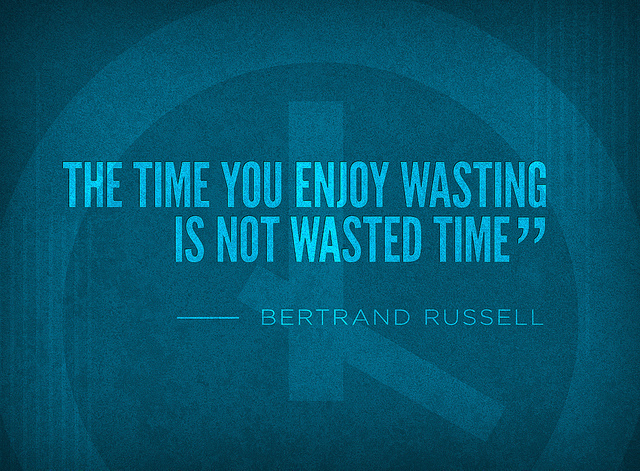The Cooperation Instinct | DiscoverMagazine.com
Michael Simmons stashed this in Academic Research Relevant To Relationship Building
Stashed in: #kindness, Give and Take, Darwin, Compassion & Altruism
This is some great research from the field of sociobiology (ie - sociology + biology). It talks about the big debate happening in the field about the importance of cooperation as it relates to evolution.
I like the idea that cooperation is necessary for survival.
In Nowak’s reframing of Darwin’s theory, altruism emerged simply because it gave some individuals an edge in the struggle to survive. The survivors passed the beneficial, altruistic genes to their descendants and so on and so forth until, over time, groups of survivors banded together to form a defensible nest. The motive of any one creature may have been selfish, but extreme cooperation was the happy result. When individuals were forced into the same space (because of the proximity of a food source, for instance), working together in large numbers of cooperative individuals gave everyone a better shot at survival. Kinship and inclusive fitness are much less important than previously thought.
Without kinship as a pivot point, cooperation could be seen in a broader context, impacting evolution as a whole. In Nowak’s new calculus, cooperation was not merely the product of evolution but an engine, driving the process along with mutation and natural selection itself. “Cooperation is a fundamental principle of evolution,” Nowak says today. “Without it, you don’t get construction or complexity in life. Whenever you see something interesting, like the evolution of multicellular creatures or human language, cooperation is involved.”
Yet cooperation is tricky. It may be a positive force in the evolution of complexity but is often dangerous for individuals or groups faced with tough choices. When a friend asks for help redesigning her résumé for a job you both want, your help may contribute to a solid friendship, but it might cost you the job. An international agreement to cut greenhouse gas emissions may help the planet, but the nation that opts out might profit.
Still, the advantage for rogue defectors is short-term, especially among more advanced species. “Intelligent life comes with destructive power and is fragile in that way,” Nowak says. He envisions that intelligent beings might have evolved many times over the long history of the universe but then destroyed themselves because they lacked cooperative genes. The only ones that could survive were those that, like us, have the urge to get along. If he’s right, the drive toward supercooperation is not just an interesting sideline in the story of evolution. It lies at the heart of why we are here—the kind of real answer his son Philip could appreciate.












7:56 AM Dec 23 2014